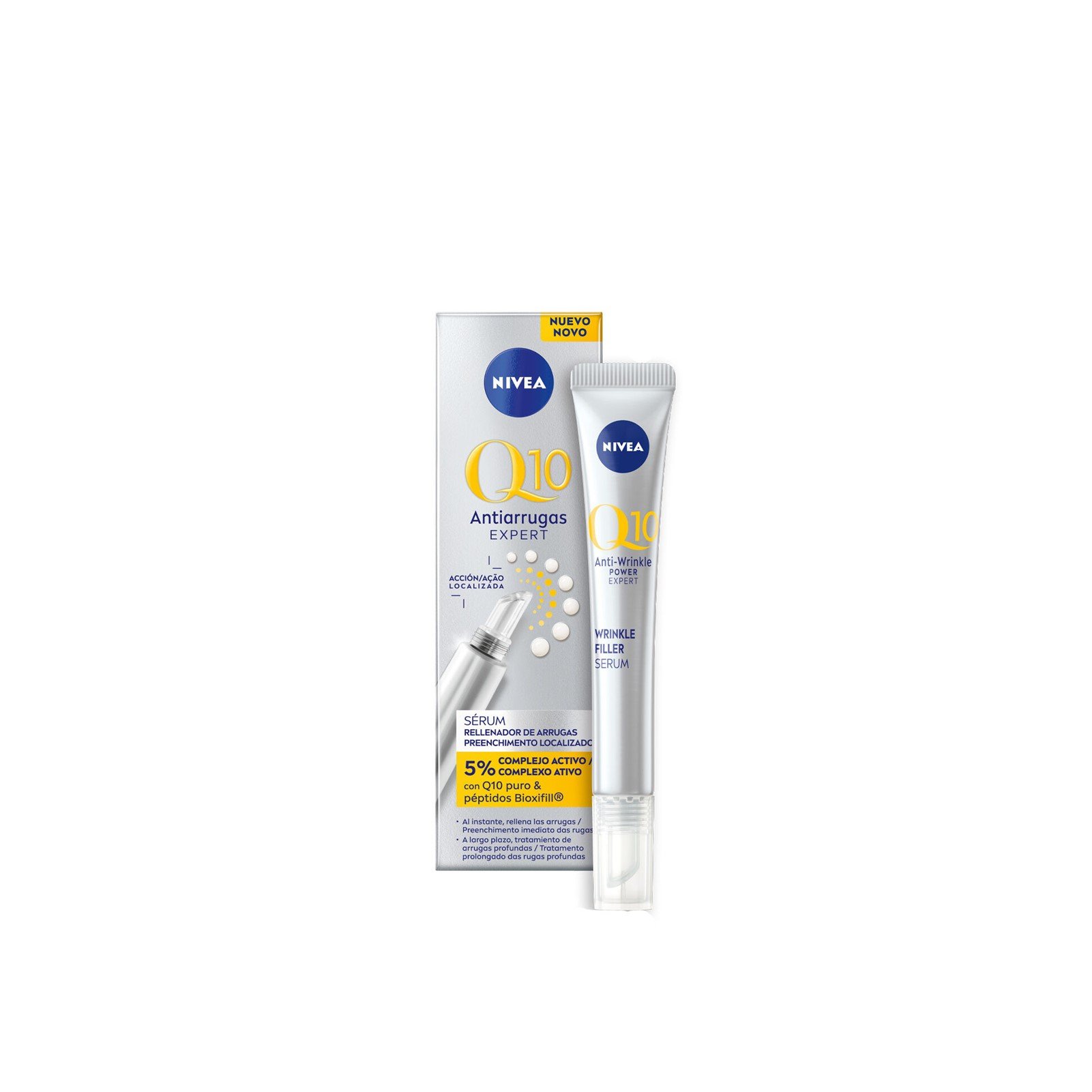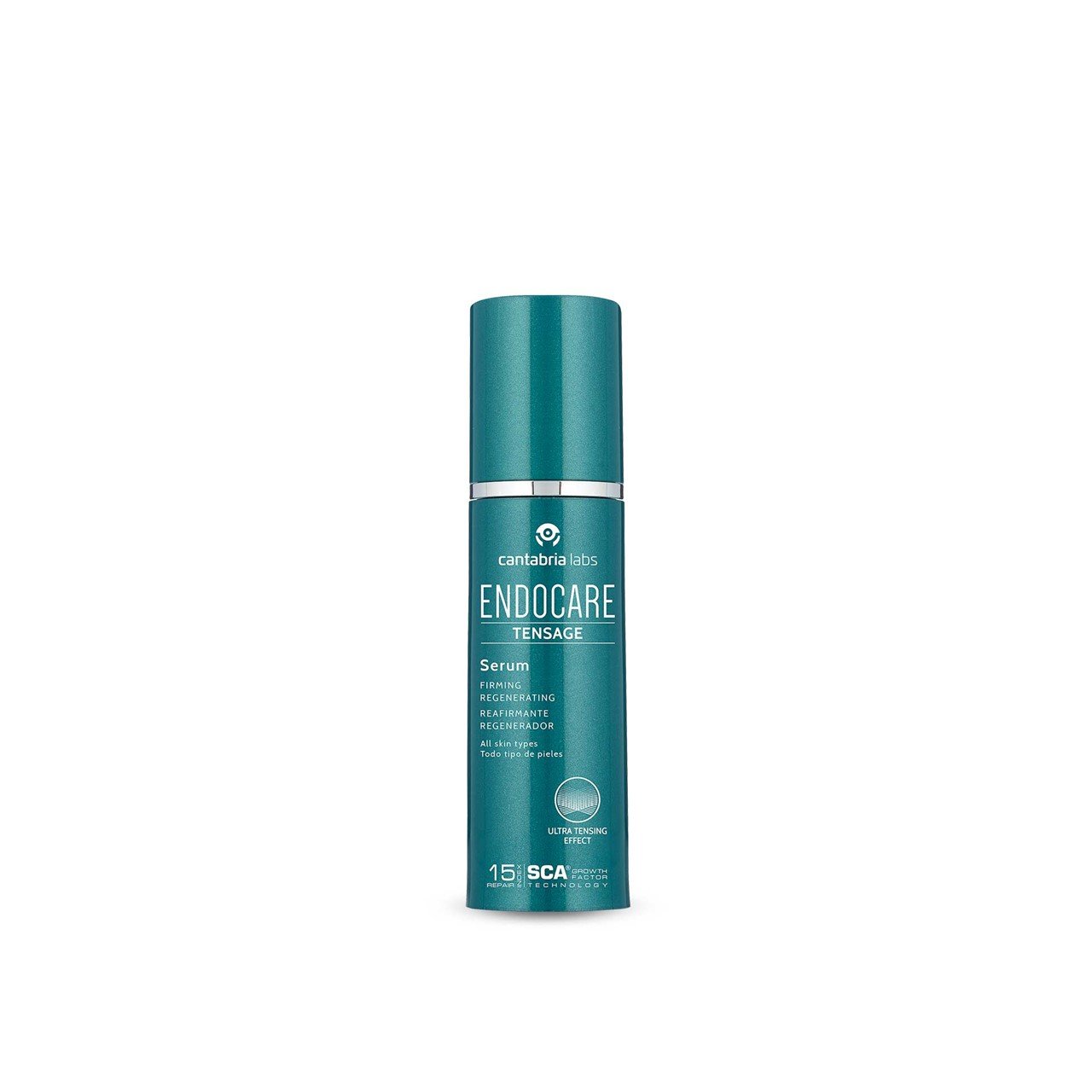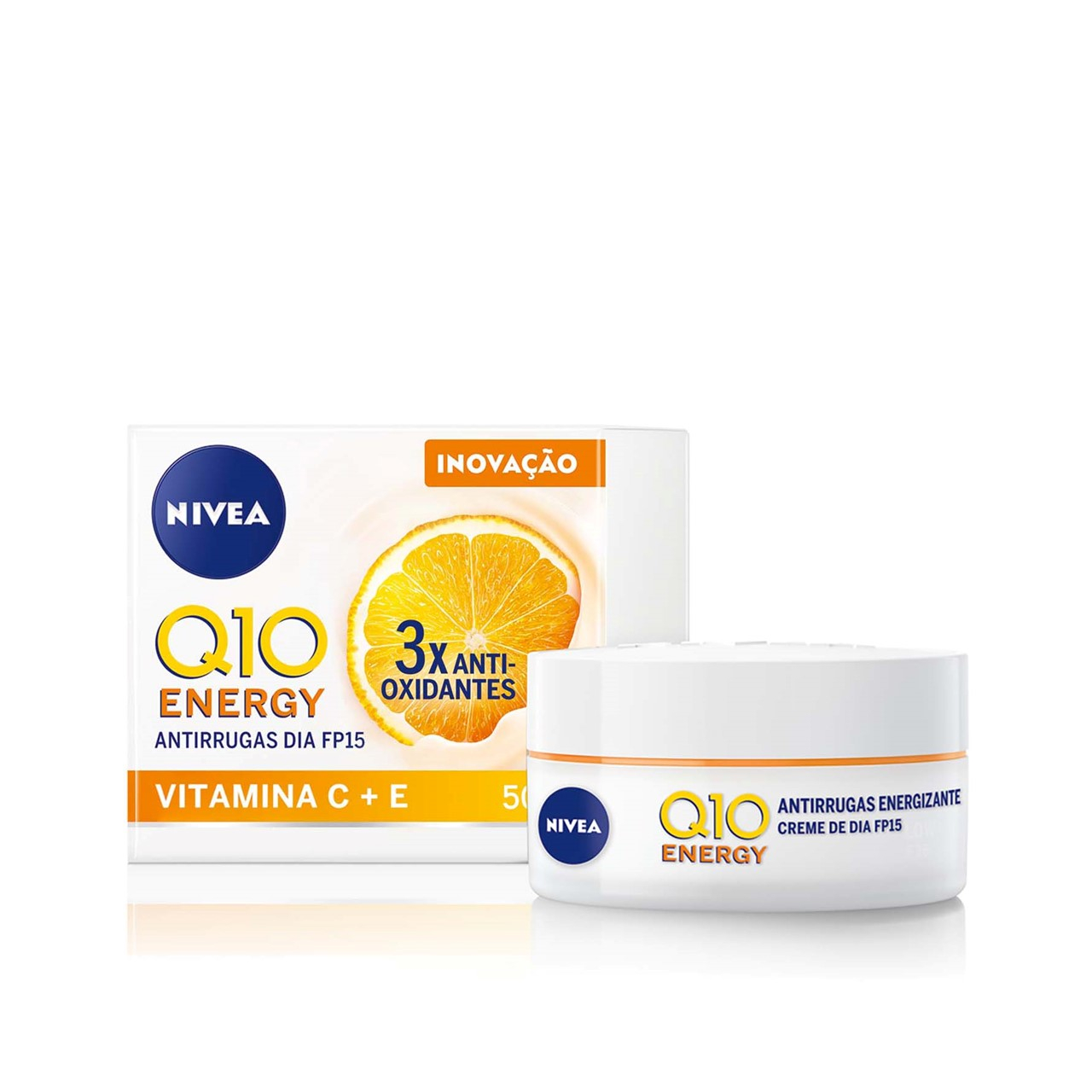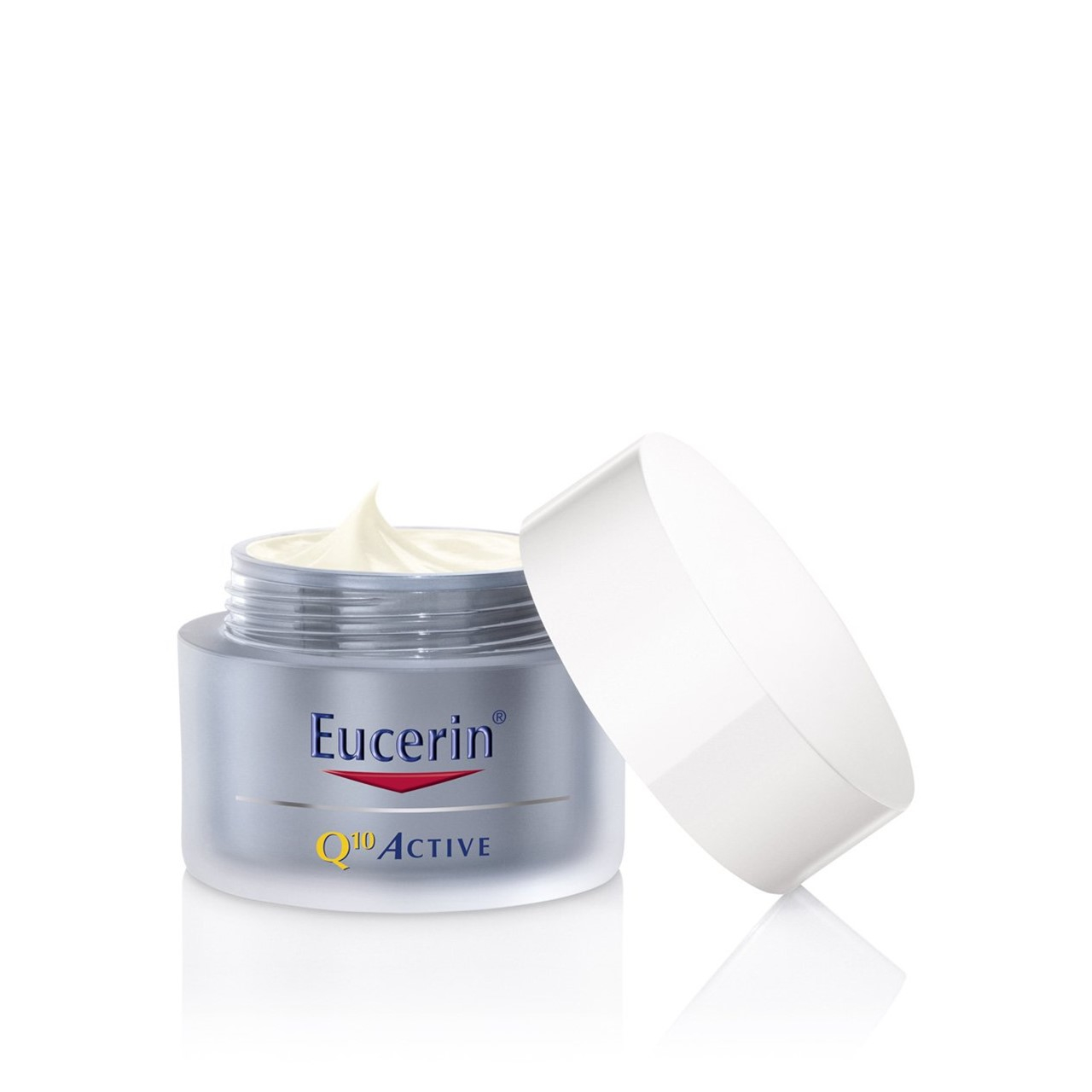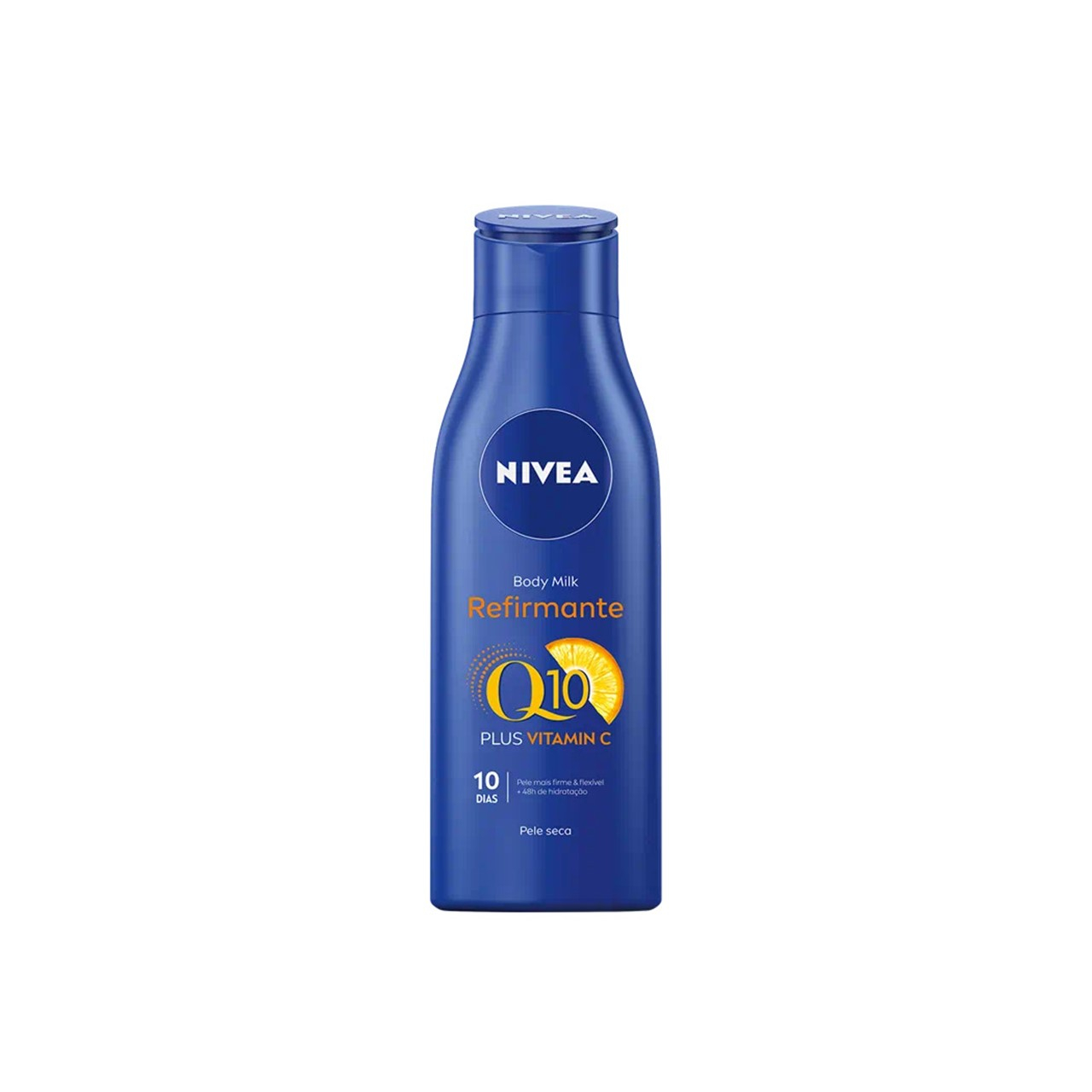
Coenzyme Q10 is no newcomer to the skincare world–if you’ve been around for a few years, you’ve probably seen this ingredient promoted front and center in anti-aging products. But what does Coenzyme Q10 actually do, and is there room for it in your current skincare routine? To help you answer this question, today we are going to learn more about Coenzyme Q10: what it is, what benefits it brings to the skin, and how you can use it in your skincare routine to get the best results possible. Let’s get to it!
On this post:
- What is Coenzyme Q10?
- How Coenzyme Q10 benefits the skin
- Potential side effects of Coenzyme Q10
- Who should use Coenzyme Q10?
- How to use Coenzyme Q10 in your skincare routine
- What kind of products contain Coenzyme Q10?
What is Coenzyme Q10?
Coenzyme Q10, also known as CoQ10 or ubiquinone, is a chemical compound that is naturally present in human cells. It plays a role in the production of energy within the cells of the body; for this reason, organs with high energy requirements, such as the heart, liver, and kidney, have the highest concentrations of Coenzyme Q10. Coenzyme Q10 is also present in the skin, as explained in this study: “In skin, Q10 is not only found in living cells but also in the skin surface lipids (SSL), which are part of the stratum corneum, forming the outermost barrier of the skin.”
Coenzyme Q10 is commonly sold as a food supplement, but it is also present in skincare products for topical application. We’ll get to know its skincare benefits a little bit better in the following sections.
How Coenzyme Q10 benefits the skin
Coenzyme Q10 brings multiple benefits to the skin when applied topically. Below, we explore its antioxidant and anti-aging benefits:
It provides antioxidant protection
A 2015 study found that “topically applied Q10 can penetrate the skin, is metabolically transformed, exerts antioxidant effects, and can support the maintenance of cellular energy levels.”
Antioxidants, as you know, help protect the skin from free radical damage, which can accelerate the aging process.
Now, we’re established that Q10 is naturally present on the skin, so why would you need to apply it back to your skin? According to the study, “endogenous Q10 levels decline with increasing age”–meaning, the skin loses some of the antioxidant protection provided by this compound. The authors found, however, that topical application of Q10 can help replenish those levels, therefore restoring some of the antioxidant protection that already existed on your skin.
It helps minimize signs of aging
There is some evidence that Q10 may help prevent and minimize signs of aging, such as fine lines and wrinkles. According to a science review, “Q10 has been shown to influence (by mechanism of gene induction) the synthesis of key cutaneous proteins and to inhibit the expression of some metalloproteinases, such as collagenase, by preserving the collagen content of the skin.” In short: it inhibits the breakdown of collagen fibers, which in turn helps maintain the firmness and structure of the skin.
Regarding wrinkles, a study found that Q10 was able to reduce wrinkle depth in mature skin after 6 months of once-a-day use.
Potential side effects of Coenzyme Q10
As a skincare ingredient, Coenzyme Q10 is generally considered to be low-risk for most people. However, as with any skincare ingredient, there’s a chance of experiencing side effects such as mild discomfort or irritation.
To minimize the risk of side effects, perform a patch test before using Q10 for the first time. This is something you should be doing with most new products anyway, but it’s especially important if you have sensitive or reactive skin!
Coenzyme Q10 and sun exposure
Coenzyme Q10 skincare products can typically be used during the daytime, even during sun exposure. We can’t help but make the usual caveat, though: if you are using Q10 for its antioxidant effects, to prevent free radical damage and minimize signs of aging, then it is important to ensure that you also use adequate sun protection. Otherwise, by exposing your skin to the sun without sun protection, you will be canceling out all the benefits that Coenzyme Q10 can bring to your skin!
Coenzyme Q10 and pregnancy
Coenzyme Q10 is generally considered safe for topical application during pregnancy. Even so, if you are interested in using skin products with Coenzyme Q10, make sure to confirm with your doctor whether these products are right for you. Pregnancy can bring unexpected changes to your skin, so it cantt hurt to check!
Who should use Coenzyme Q10?
With its antioxidant and anti-aging benefits, Coenzyme Q10 could be an interesting addition to many different people’s skincare routines.
For starters, Q10 could be the ingredient for anyone looking to prevent or minimize signs of aging. With its antioxidant and collagen-boosting action, Q10 can be a valuable addition to an anti-aging skincare routine–not least because, as we’ve seen, there is some evidence that Q10 can even help reduce the depth of wrinkles.
What’s more, we’ve seen how the natural levels of Q10 in the skin decrease with age; people with more mature skin may want to replenish their Q10 levels by using skincare products that contain this ingredient.
As it is generally well-tolerated, Q10 can also be ideal for people with sensitive skin looking for an anti-aging care routine. If you can’t tolerate vitamin C, another powerful antioxidant, Q10 could be an interesting alternative; likewise, if you can’t use retinol in your anti-aging routine, Q10 may work well for you.
How to use Coenzyme Q10 in your skincare routine
Now that we know that Coenzyme Q10 is an ingredient with antioxidant and anti-aging benefits, it is obvious that the best way to use it is in an anti-aging care routine.
Depending on your preferences, you can choose to use a product with Q10 as your main anti-aging care, or you can use it in combination with other anti-aging products. Q10 is generally well tolerated and works well with other star ingredients such as vitamin C or retinol.
If you don’t have much confidence in your ability to mix ingredients, you can opt for a product that already combines multiple anti-aging active ingredients. We’ll show you a few options in just a moment.
As for the time of day you will use your product with Q10, you can use it both during the day and at night. When in doubt, follow the instructions that accompany your favorite product!
What kind of products contain Coenzyme Q10?
Coenzyme Q10 is a common ingredient in anti-aging products, but not only. Here are some examples of anti-aging serums and creams, and some body care products (yep, body care!) that feature Q10 in their list of ingredients:
Coenzyme Q10 serums
If you want a serum with Q10 to integrate into your anti-aging routine, we have two suggestions.
The Nivea Q10 Anti-Wrinkle Power Expert Wrinkle Filler Serum is a targeted serum that you can apply directly to wrinkles to minimize their appearance. The formula combines Q10 and Bioxifill® peptides and, with its precision applicator, allows you to apply the product directly to wrinkles. After 4 weeks, the appearance of wrinkles is reduced by 50%–but don’t be surprised if you notice a small filler effect immediately after application!
The Endocare Tensage Serum is a popular serum in our Care to Beauty community, and for good reason. With a hyper-complete formula that combines SCA® Growth Factor Technology (a proprietary technology that stimulates collagen production), Tensderm™ (a firming complex of soy phytoestrogens and calcium), and Coenzime Q10, this serum helps restore volume and firmness to mature skin, all the while minimizing the appearance of fine lines and wrinkles.
Coenzyme Q10 creams
If you prefer creams to serums, you also have good options.
We like the Nivea Q10 Energy Anti-Wrinkle Energizing Day Cream SPF15, a revitalizing day cream that combines three powerful antioxidants: Coenzyme Q10, of course, and also vitamins C and E. Formulated for daytime use , this cream also offers SPF15, in order to reinforce the protection provided to the skin. It is perfect for reducing signs of fatigue on dull skin and, at the same time, offering protection against free radicals.
And now for a night cream: take a look at the Eucerin Q10 Active Anti-Wrinkle Night Cream. With a rich and nourishing texture, provided by shea butter, this cream nourishes dry and sensitive skin, while offering the anti-aging benefits of Coenzyme Q10. The result is stronger, more nourished skin, with a fresher, more youthful appearance.
Coenzyme Q10 body care
And who says you can’t use Coenzyme Q10 in your body care? We bring you two options that couldn’t be more different:
The Nivea Q10 Plus Vitamin C Firming Body Milk is a body oil that helps to even out the appearance of the skin in just 2 weeks. Its unique formula combines Q10 and vitamin C, in a moisturizing and nourishing blend that not only improves skin elasticity, but also increases its firmness. At the same time, it helps improve the appearance of the skin and has an ideal texture for massages. If you’ve been looking for a body cream, this is a good option!
And now for something completely different, the ISDIN Ureadin Manos Plus Repair Hand Cream is a hyper-repairing hand cream that hydrates, repairs, and protects your hands. The formula combines the moisturizing properties of urea with the antioxidant and collagen-preserving properties of Coenzyme Q10. Thus, it helps you maintain your skin’s hydration levels and prevent dryness, cracking, and chapping.
Now that you know more about Coenzyme Q10 and its benefits for the skin, you are ready to integrate this ingredient into your anti-aging skincare routine. Don’t forget to combine it with adequate sun protection–the best anti-aging product there is!
Beauty Writer & Editor


